Conscientious Objectors
입력 2018.06.28 (15:07)
수정 2018.06.28 (16:40)
읽어주기 기능은 크롬기반의
브라우저에서만 사용하실 수 있습니다.
[Anchor Lead]
Conscientious objectors who refuse Korea's mandatory military service on grounds such as of religious faith under current law are subject to criminal punishment. The Constitutional Court will on Thursday hand down a ruling, for the first time in 7 years, to determine whether or not the current rule of punishing conscientious objectors violates the Constitution.
[Pkg]
Baek Jong-geon, who is a lawyer, rejected mandatory military service over his religious faith. He served prison time for a year and a half and was discharged last year. He could have served alternative military duty as a public law officer but he chose prison.
[Soundbite] Baek Jong-geon(Lawyer (Conscientious Objector of Military Service)) : "In my case, taking part in just 4 weeks of training would have closed the case for my military service. Many urged me to just endure the 4 weeks and get it over with."
He became a lawyer after witnessing his father serve time behind bars for the same reason when he was young. But at the moment, he is not technically a legitimate attorney. Under law, you can't register as a lawyer for five years after serving time. He works at a law firm but his duties are limited to administrative affairs.
[Soundbite] Baek Jong-geon(Lawyer (Conscientious Objector of Military Service)) : "I hope conscientious objectors won't be sent to prison but instead given an opportunity to fulfill their military duties more humbly and sincerely through difficult tasks and over a longer period."
Since Korea's independence, there have been over 19-thousand conscientious objectors who received criminal penalties. But how society views these people is still not very favorable. The Constitutional Court will deliver its ruling Thursday afternoon for the first time in 7 years on whether a provision in the Military Service Act that holds conscientious objectors criminally accountable is against the Constitution.
Conscientious objectors who refuse Korea's mandatory military service on grounds such as of religious faith under current law are subject to criminal punishment. The Constitutional Court will on Thursday hand down a ruling, for the first time in 7 years, to determine whether or not the current rule of punishing conscientious objectors violates the Constitution.
[Pkg]
Baek Jong-geon, who is a lawyer, rejected mandatory military service over his religious faith. He served prison time for a year and a half and was discharged last year. He could have served alternative military duty as a public law officer but he chose prison.
[Soundbite] Baek Jong-geon(Lawyer (Conscientious Objector of Military Service)) : "In my case, taking part in just 4 weeks of training would have closed the case for my military service. Many urged me to just endure the 4 weeks and get it over with."
He became a lawyer after witnessing his father serve time behind bars for the same reason when he was young. But at the moment, he is not technically a legitimate attorney. Under law, you can't register as a lawyer for five years after serving time. He works at a law firm but his duties are limited to administrative affairs.
[Soundbite] Baek Jong-geon(Lawyer (Conscientious Objector of Military Service)) : "I hope conscientious objectors won't be sent to prison but instead given an opportunity to fulfill their military duties more humbly and sincerely through difficult tasks and over a longer period."
Since Korea's independence, there have been over 19-thousand conscientious objectors who received criminal penalties. But how society views these people is still not very favorable. The Constitutional Court will deliver its ruling Thursday afternoon for the first time in 7 years on whether a provision in the Military Service Act that holds conscientious objectors criminally accountable is against the Constitution.
■ 제보하기
▷ 카카오톡 : 'KBS제보' 검색, 채널 추가
▷ 전화 : 02-781-1234, 4444
▷ 이메일 : kbs1234@kbs.co.kr
▷ 유튜브, 네이버, 카카오에서도 KBS뉴스를 구독해주세요!
- Conscientious Objectors
-
- 입력 2018-06-28 15:18:14
- 수정2018-06-28 16:40:09
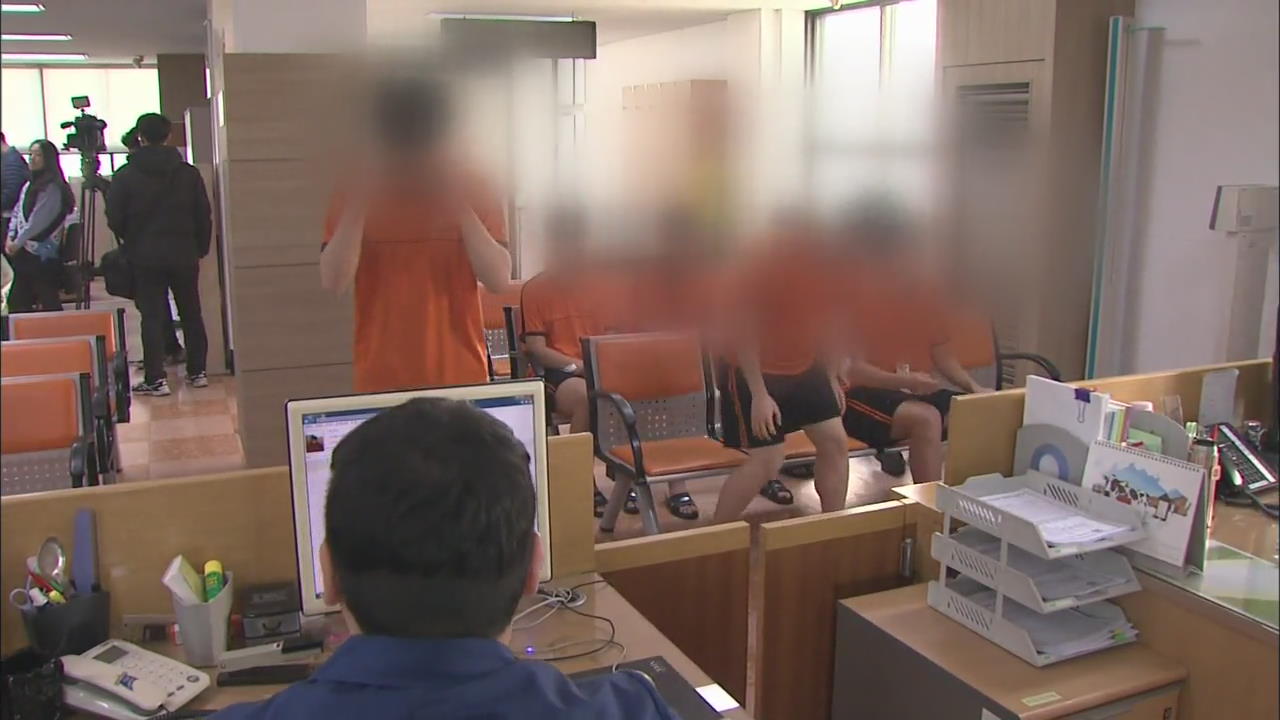
[Anchor Lead]
Conscientious objectors who refuse Korea's mandatory military service on grounds such as of religious faith under current law are subject to criminal punishment. The Constitutional Court will on Thursday hand down a ruling, for the first time in 7 years, to determine whether or not the current rule of punishing conscientious objectors violates the Constitution.
[Pkg]
Baek Jong-geon, who is a lawyer, rejected mandatory military service over his religious faith. He served prison time for a year and a half and was discharged last year. He could have served alternative military duty as a public law officer but he chose prison.
[Soundbite] Baek Jong-geon(Lawyer (Conscientious Objector of Military Service)) : "In my case, taking part in just 4 weeks of training would have closed the case for my military service. Many urged me to just endure the 4 weeks and get it over with."
He became a lawyer after witnessing his father serve time behind bars for the same reason when he was young. But at the moment, he is not technically a legitimate attorney. Under law, you can't register as a lawyer for five years after serving time. He works at a law firm but his duties are limited to administrative affairs.
[Soundbite] Baek Jong-geon(Lawyer (Conscientious Objector of Military Service)) : "I hope conscientious objectors won't be sent to prison but instead given an opportunity to fulfill their military duties more humbly and sincerely through difficult tasks and over a longer period."
Since Korea's independence, there have been over 19-thousand conscientious objectors who received criminal penalties. But how society views these people is still not very favorable. The Constitutional Court will deliver its ruling Thursday afternoon for the first time in 7 years on whether a provision in the Military Service Act that holds conscientious objectors criminally accountable is against the Constitution.
Conscientious objectors who refuse Korea's mandatory military service on grounds such as of religious faith under current law are subject to criminal punishment. The Constitutional Court will on Thursday hand down a ruling, for the first time in 7 years, to determine whether or not the current rule of punishing conscientious objectors violates the Constitution.
[Pkg]
Baek Jong-geon, who is a lawyer, rejected mandatory military service over his religious faith. He served prison time for a year and a half and was discharged last year. He could have served alternative military duty as a public law officer but he chose prison.
[Soundbite] Baek Jong-geon(Lawyer (Conscientious Objector of Military Service)) : "In my case, taking part in just 4 weeks of training would have closed the case for my military service. Many urged me to just endure the 4 weeks and get it over with."
He became a lawyer after witnessing his father serve time behind bars for the same reason when he was young. But at the moment, he is not technically a legitimate attorney. Under law, you can't register as a lawyer for five years after serving time. He works at a law firm but his duties are limited to administrative affairs.
[Soundbite] Baek Jong-geon(Lawyer (Conscientious Objector of Military Service)) : "I hope conscientious objectors won't be sent to prison but instead given an opportunity to fulfill their military duties more humbly and sincerely through difficult tasks and over a longer period."
Since Korea's independence, there have been over 19-thousand conscientious objectors who received criminal penalties. But how society views these people is still not very favorable. The Constitutional Court will deliver its ruling Thursday afternoon for the first time in 7 years on whether a provision in the Military Service Act that holds conscientious objectors criminally accountable is against the Constitution.
이 기사가 좋으셨다면
-
좋아요
0
-
응원해요
0
-
후속 원해요
0










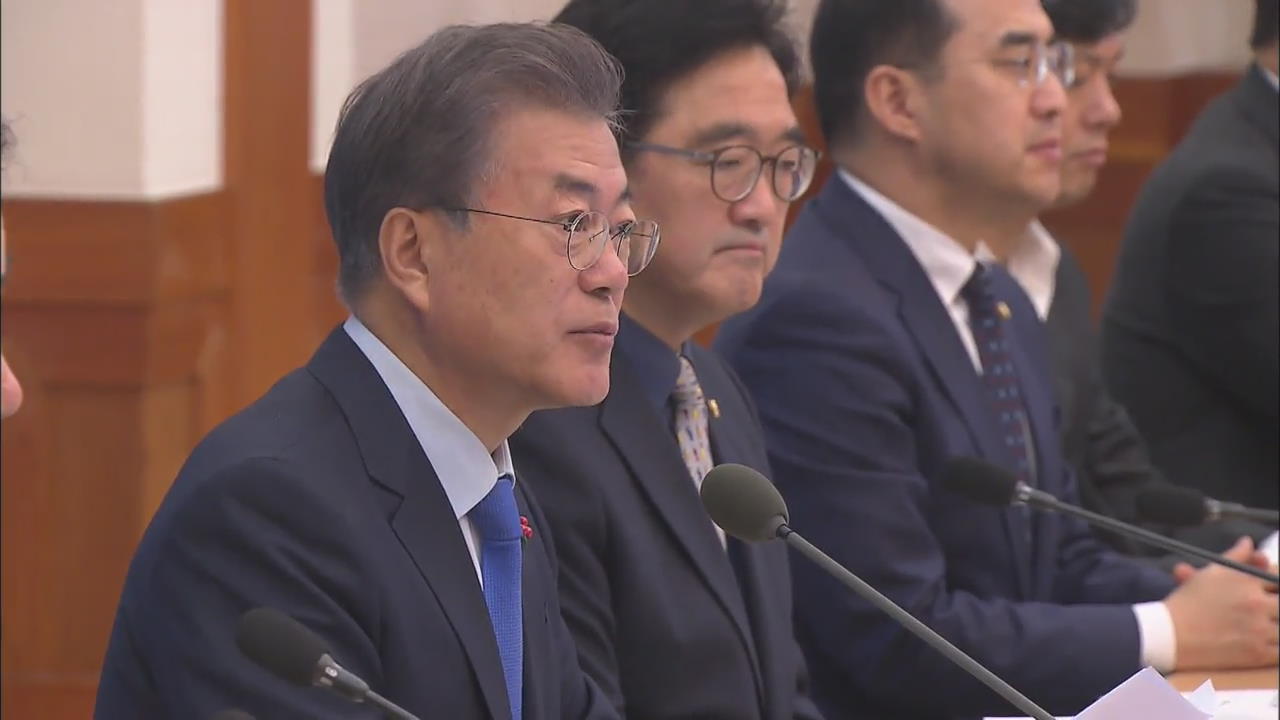
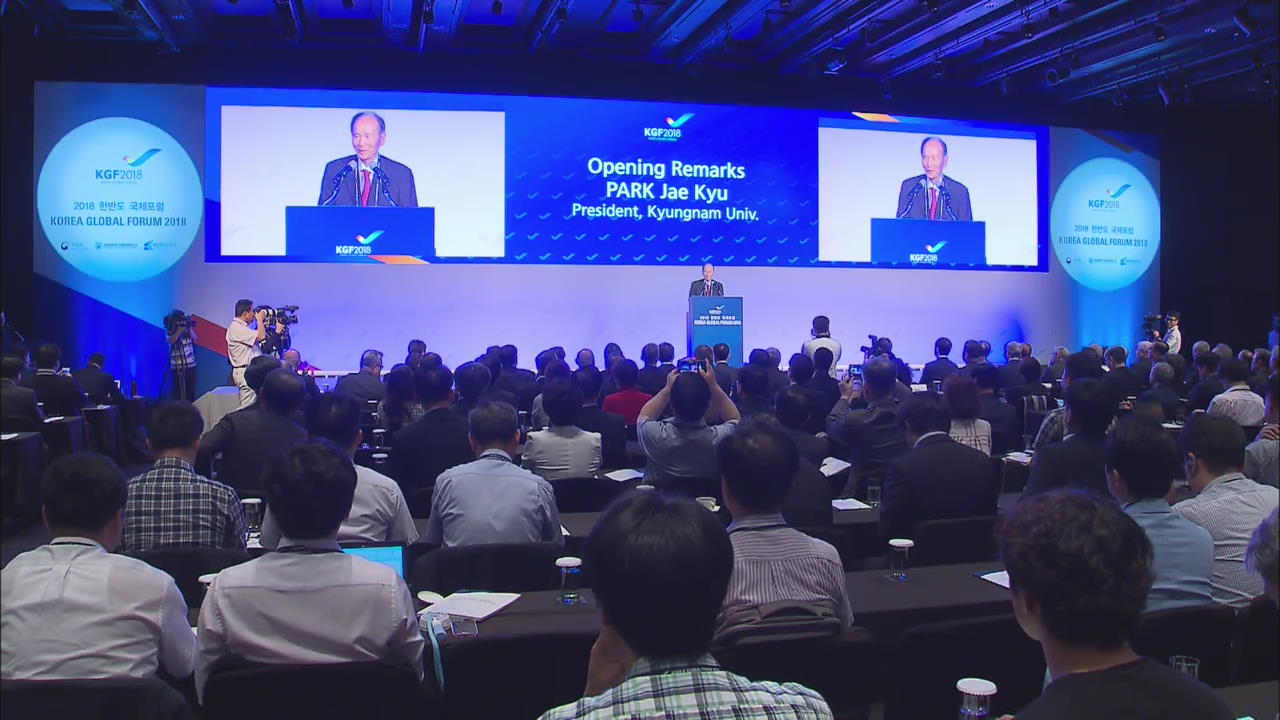
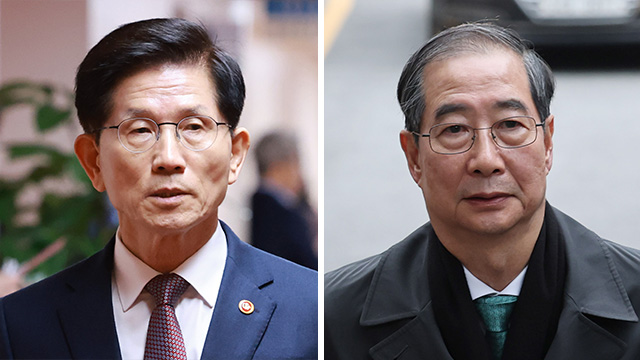
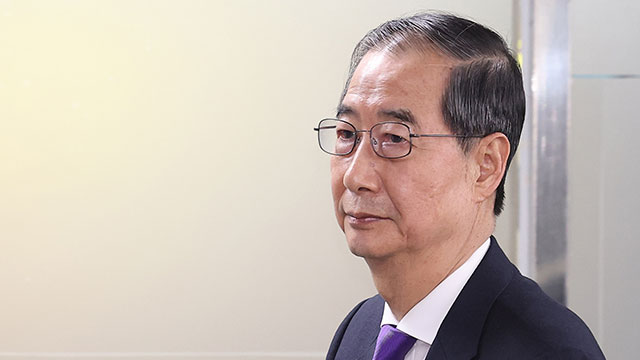
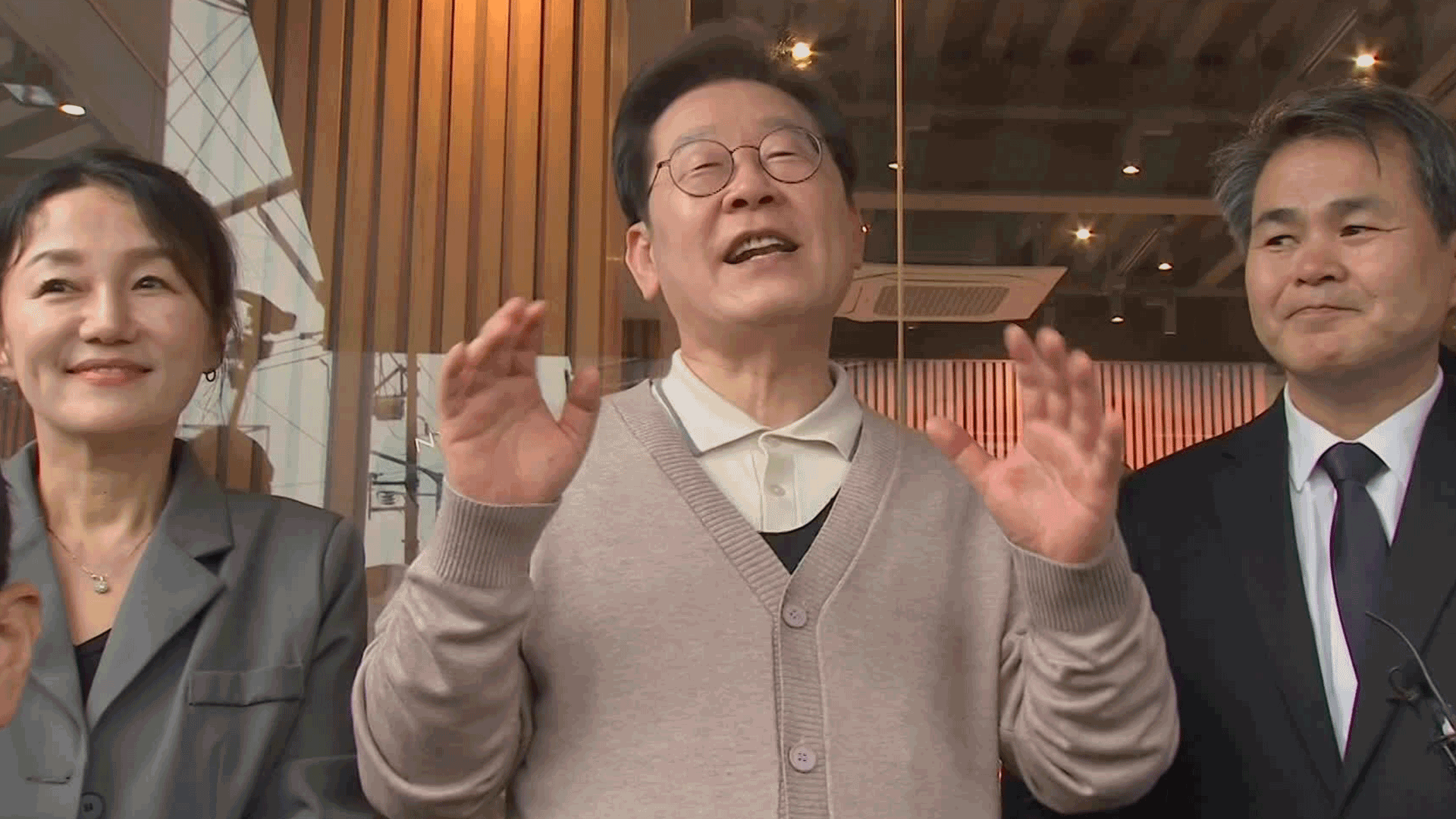
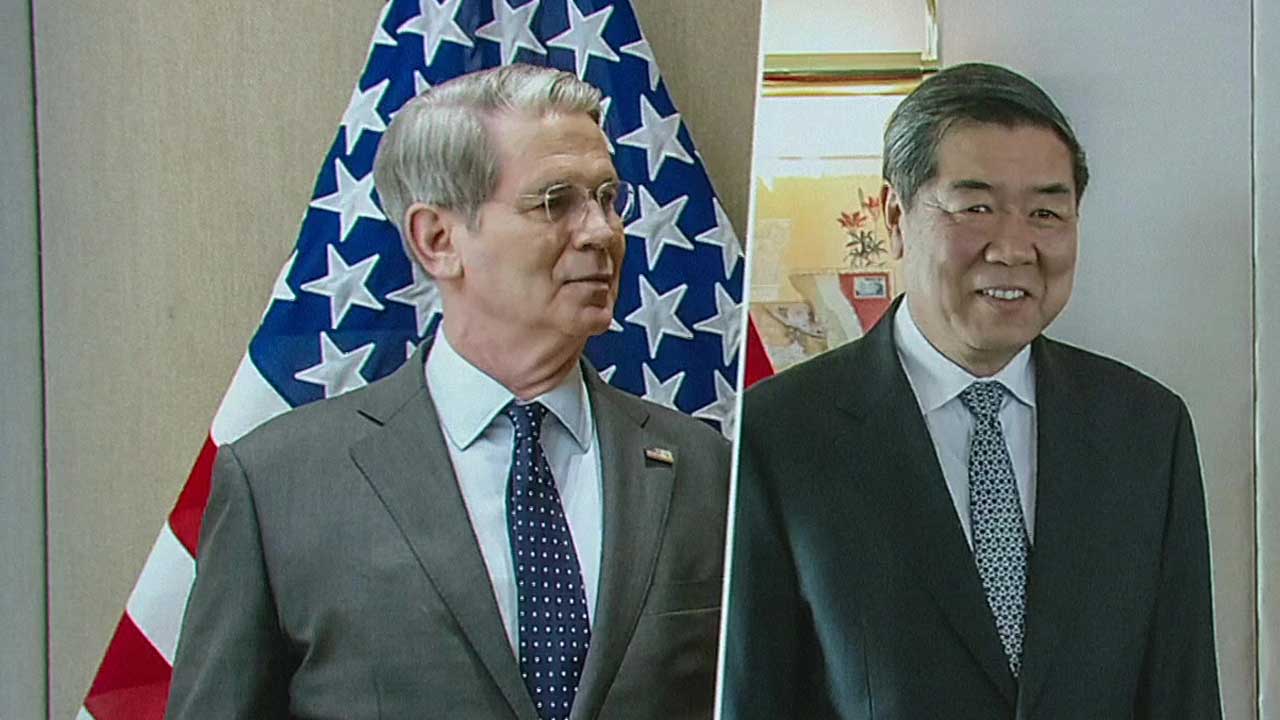

이 기사에 대한 의견을 남겨주세요.